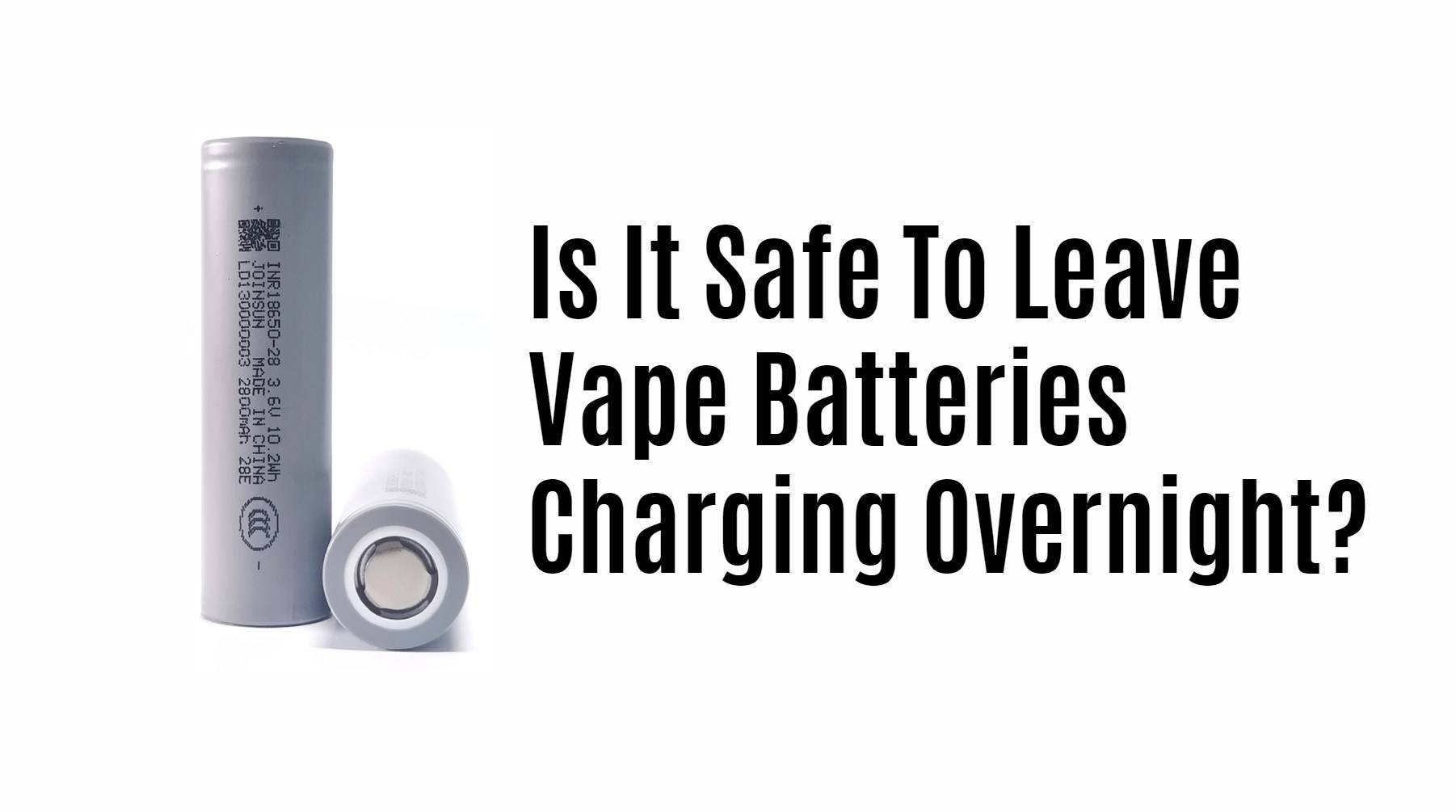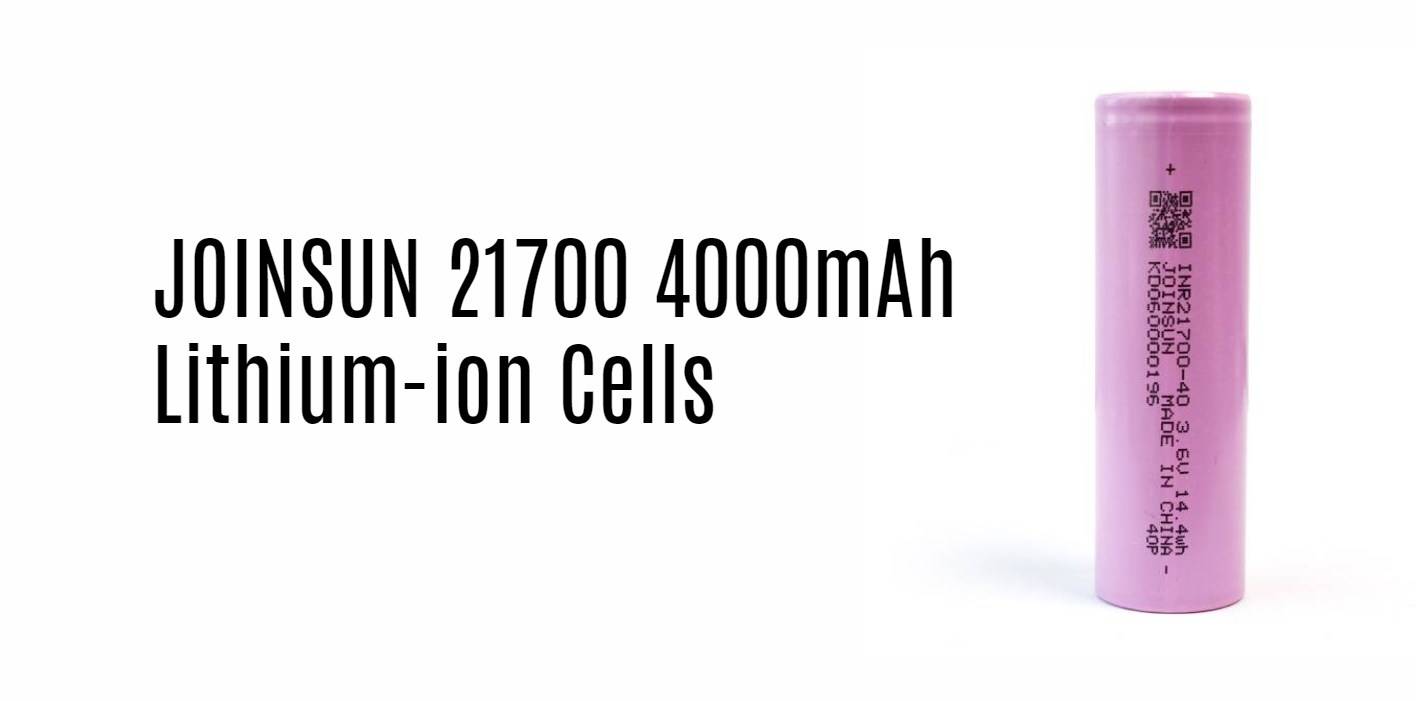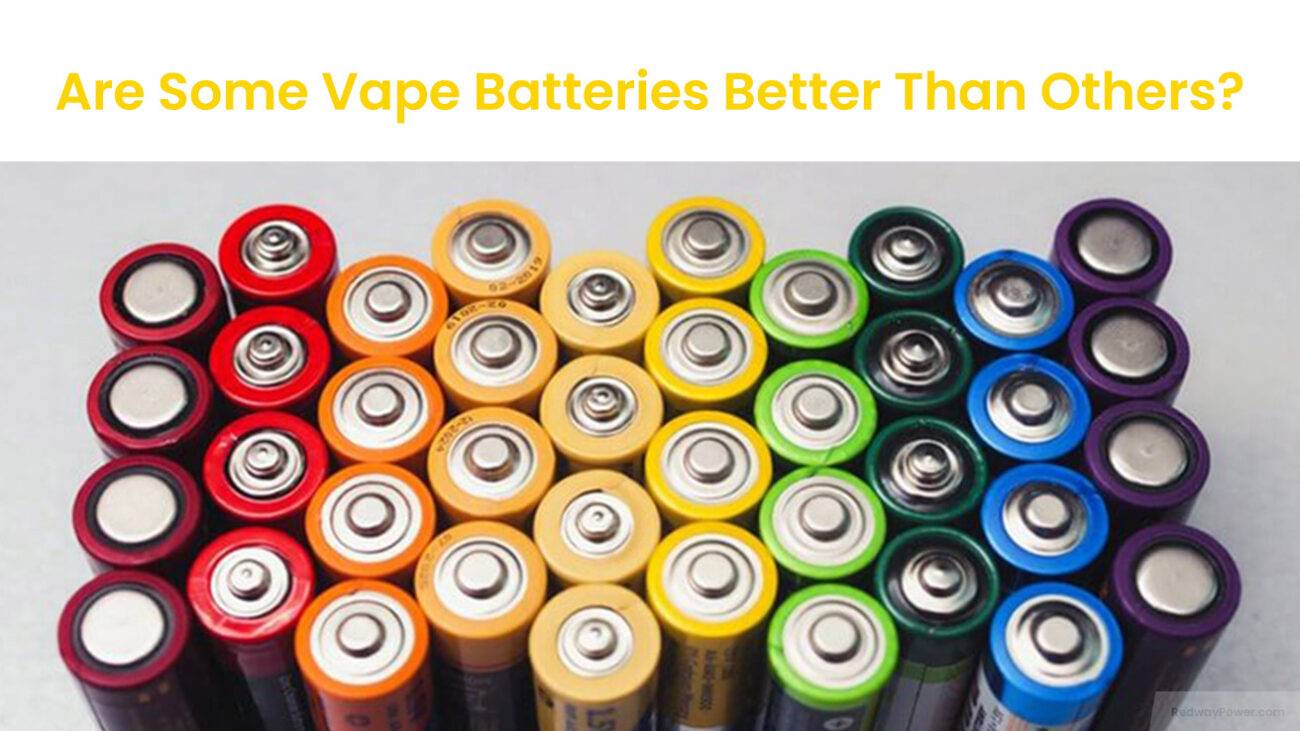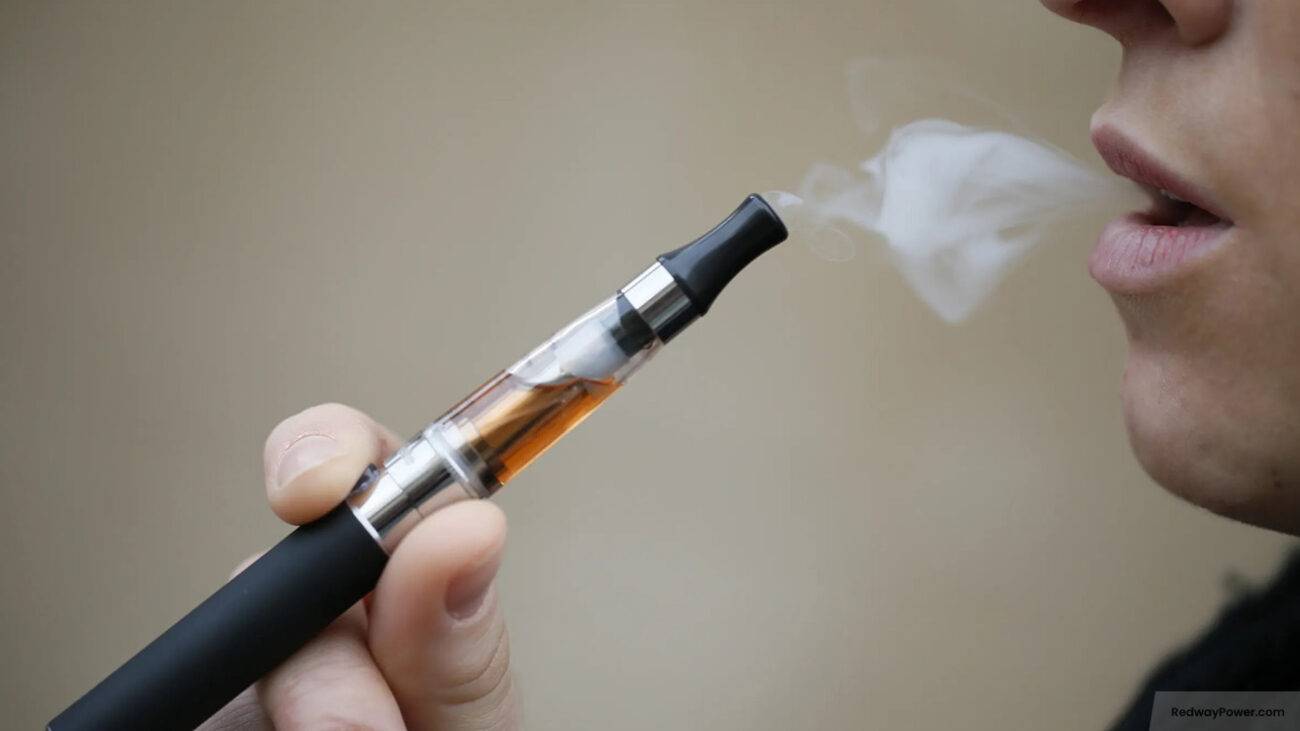- Forklift Lithium Battery
-
48V
- 48V 210Ah
- 48V 300Ah
- 48V 420Ah (949 x 349 x 569 mm)
- 48V 420Ah (950 x 421 x 450 mm)
- 48V 456Ah
- 48V 460Ah (830 x 630 x 590 mm)
- 48V 460Ah (950 x 421 x 450 mm)
- 48V 460Ah (800 x 630 x 600 mm)
- 48V 460Ah (820 x 660 x 470 mm)
- 48V 500Ah
- 48V 560Ah (810 x 630 x 600 mm)
- 48V 560Ah (950 x 592 x 450 mm)
- 48V 600Ah
- 48V 630Ah
-
48V
- Lithium Golf Cart Battery
- 12V Lithium Battery
12V 150Ah Lithium RV Battery
Bluetooth App | BCI Group 31
LiFePO4 Lithium
Discharge Temperature -20°C ~ 65°C
Fast Charger 14.6V 50A
Solar MPPT Charging - 24V Lithium Battery
- 36V Lithium Battery
- 48V Lithium Battery
-
48V LiFePO4 Battery
- 48V 50Ah
- 48V 50Ah (for Golf Carts)
- 48V 60Ah (8D)
- 48V 100Ah (8D)
- 48V 100Ah
- 48V 100Ah (Discharge 100A for Golf Carts)
- 48V 100Ah (Discharge 150A for Golf Carts)
- 48V 100Ah (Discharge 200A for Golf Carts)
- 48V 150Ah (for Golf Carts)
- 48V 160Ah (Discharge 100A for Golf Carts)
- 48V 160Ah (Discharge 160A for Golf Carts)
-
48V LiFePO4 Battery
- 60V Lithium Battery
-
60V LiFePO4 Battery
- 60V 20Ah
- 60V 30Ah
- 60V 50Ah
- 60V 50Ah (Small Size / Side Terminal)
- 60V 100Ah (for Electric Motocycle, Electric Scooter, LSV, AGV)
- 60V 100Ah (for Forklift, AGV, Electric Scooter, Sweeper)
- 60V 150Ah (E-Motocycle / E-Scooter / E-Tricycle / Tour LSV)
- 60V 200Ah (for Forklift, AGV, Electric Scooter, Sweeper)
-
60V LiFePO4 Battery
- 72V~96V Lithium Battery
- Rack-mounted Lithium Battery
- E-Bike Battery
- All-in-One Home-ESS
- Wall-mount Battery ESS
-
Home-ESS Lithium Battery PowerWall
- 24V 100Ah 2.4kWh PW24100-S PowerWall
- 48V 50Ah 2.4kWh PW4850-S PowerWall
- 48V 50Ah 2.56kWh PW5150-S PowerWall
- 48V 100Ah 5.12kWh PW51100-F PowerWall (IP65)
- 48V 100Ah 5.12kWh PW51100-S PowerWall
- 48V 100Ah 5.12kWh PW51100-H PowerWall
- 48V 200Ah 10kWh PW51200-H PowerWall
- 48V 300Ah 15kWh PW51300-H PowerWall
PowerWall 51.2V 100Ah LiFePO4 Lithium Battery
Highly popular in Asia and Eastern Europe.
CE Certification | Home-ESS -
Home-ESS Lithium Battery PowerWall
- Portable Power Stations
Is It Safe to Leave Vape Batteries Charging Overnight?

Leaving vape batteries charging overnight is a common practice among users, but it poses potential risks. Overcharging can lead to battery damage, reduced lifespan, and even safety hazards such as overheating or fire. Understanding the implications of overnight charging and following proper charging practices can help ensure the safety and longevity of your vape batteries.
What Happens When You Leave Vape Batteries Charging Overnight?
Leaving your vape batteries charging overnight can lead to overcharging, which significantly reduces battery lifespan and can cause damage. Most modern chargers have built-in protections to prevent overcharging, but it’s still advisable to unplug the charger once the battery is fully charged.Chart: Effects of Overcharging on Vape Batteries
| Effect | Description |
|---|---|
| Reduced Lifespan | Frequent overcharging shortens battery life |
| Heat Generation | Excessive heat can lead to swelling or venting |
| Safety Hazards | Risk of fire or explosion if not monitored |
How Do Modern Chargers Prevent Overcharging?
Modern chargers are designed with safety features that help prevent overcharging. These include:
- Automatic Shut-Off: Many chargers stop providing power once the battery reaches full charge.
- Smart Charging Technology: Some chargers adjust the current flow based on the battery’s state of charge, reducing the risk of overheating.
Chart: Features of Modern Chargers
| Feature | Function |
|---|---|
| Automatic Shut-Off | Stops charging when battery is full |
| Smart Charging | Adjusts current flow to prevent overheating |
| LED Indicators | Shows charging status (charging, complete, error) |
Why Is It Important to Follow Manufacturer Guidelines for Charging?
Following manufacturer guidelines for charging is crucial for maintaining battery health and safety. Each device may have specific recommendations regarding:
- Charging Times: Adhering to recommended charging durations helps prevent overcharging.
- Charger Compatibility: Using the correct charger ensures optimal voltage and current levels.
What Are the Risks of Charging Vape Batteries Unattended?
Charging vape batteries unattended increases the risk of potential hazards. If a charger fails or if there’s a malfunction in the battery:
- Overheating: Without supervision, batteries can overheat, leading to swelling or leakage.
- Fire Hazard: In extreme cases, overheating can result in fires or explosions.
How Can You Safely Charge Your Vape Batteries?
To ensure safe charging practices for your vape batteries:
- Use the Right Charger: Always use a charger designed for your specific battery type.
- Charge in a Safe Location: Avoid flammable surfaces and ensure good ventilation during charging.
- Monitor Charging: If possible, check on your device periodically while it charges.
- Unplug When Full: Remove the charger once the battery reaches full charge.
Chart: Safe Charging Practices
| Practice | Description |
|---|---|
| Use Correct Charger | Ensure compatibility with your battery type |
| Charge in Safe Area | Avoid flammable materials and ensure ventilation |
| Monitor While Charging | Check periodically to prevent overheating |
| Unplug When Charged | Disconnect charger immediately after full charge |
What Should You Do If Your Battery Swells or Overheats?
If you notice any signs of swelling or overheating in your vape battery:
- Stop Using It Immediately: Discontinue use and remove it from any devices.
- Place It on a Fireproof Surface: If safe to do so, place it on a non-flammable surface away from combustible materials.
- Contact Manufacturer or Dispose Properly: Follow local regulations for disposing of damaged batteries.

















